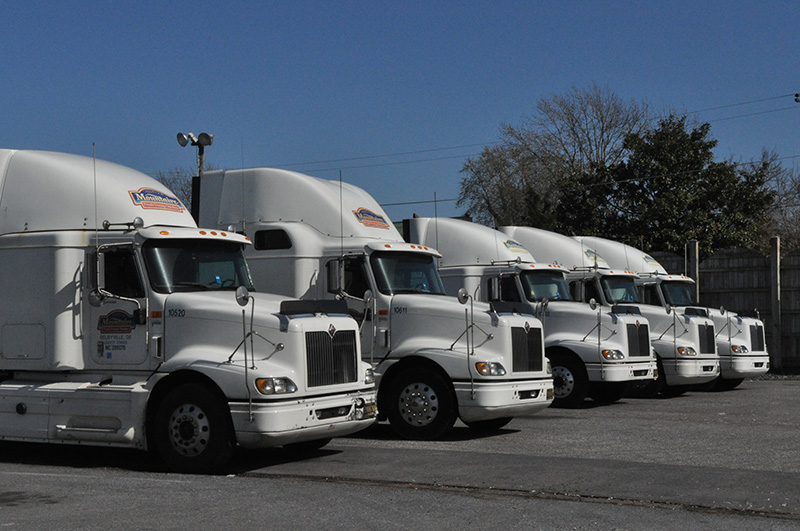Ready, Set, Train! Sanitary Transport Rule Is Here

The Sanitary Transportation of Human and Animal Food rule goes into effect June 6, 2016. Large businesses must comply by April 6, 2017; small businesses must comply by April 6, 2018. The rule governs the protection of food during transport, including the sanitation of transport vehicles and equipment, refrigeration of food for safety, and proper cleaning of bulk transport vehicles between loads. So you’ll need a game plan…but what should your game plan include?
- Read the rule—every word of it—to understand the reasoning behind the decisions made in crafting it and to get a glimpse into how it will be regulated and enforced.
- Review all of your processes, protocols, procedures, and contracts to ensure compliance with the rule, and outline responsibility for how you’ll manage the safe transportation of food.
- Close any gaps in your current programs to ensure you’ll meet the regulations well in advance of the compliance date.
- Kick the tires by conducting mock inspections. Find non-compliances and give yourself time to correct them, rather than wait for bad news during a real inspection.
- Confirm the accuracy of all your documentation on a regular basis. Documentation can be the difference between success and failure when it comes to proving that you’re doing the right things.
- Get all stakeholders on board to empower employees at all levels and drive culture change.
Use Driver Training to Prepare
Drivers are the conductors of the food supply chain. They literally have loads of responsibilities, including maintaining the cold chain, meeting delivery requirements, practicing safe driving always, and meeting all Department of Transportation regulations and requirements. Whether transporting raw materials, packaging, work-in-progress, or finished goods, drivers are the people that keep food safe in transit. So how can you take advantage of your driver training program to ensure compliance with the Sanitary Transport rule?
- A blended learning strategy, combining online and instructor-led training, has been shown to provide the best food safety training outcomes.
- Use online lessons to introduce and reinforce knowledge of new FSMA regulations and food safety awareness topics. Digital lessons are economical, learner-paced, provide consistent messaging, and are accessible 24/7.
- Use hands-on direct instruction for refreshers or for topics like proper vehicle inspections, reefer unit checks, cargo securement, etc.
- Subject matter experts should conduct any instructor-led training using a skills check-off approach to document driver’s abilities and to ensure that drivers perform to standard.
- Group and prioritize drivers for training based on their compliance history.
- Use online lessons and safety messaging proactively to sustain driver compliance and performance.
Use online training at least quarterly, but use safety messaging monthly. Drivers, like all learners, need regular reminders in order to break old habits and form new ones. Communications programs can provide multi-touchpoints to reinforce new knowledge, shift behaviors, and help ensure compliance.
Put Your Game Plan Into Action
The Sanitary Transport Rule is a reality. Now is the time to put written procedures and protocols in place and make sure all stakeholders have a clear understanding of them. Determine precisely who has responsibility for compliance throughout the distribution channels. A blend of online and face-to-face training will ensure compliance, increase performance, and protect foods during transportation operations. The benefits far outweigh the cost.